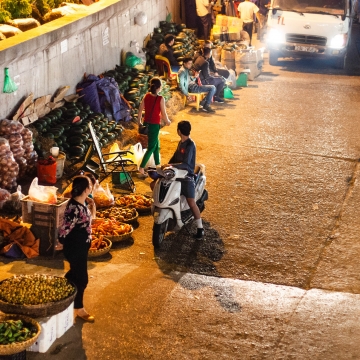Despite the efficiency produced by long-distance commuting (LDC) as an adjustment mechanism between local labor markets, the impact that it has on the equilibrium of labor markets has not been studied in depth. This paper uses the case of Chile, since in the last two decades the LDC has increased its importance as a strategy of labor mobility for workers in this country. We demonstrate, both theoretically and empirically, that LDC generates wage differences in the labor markets that receive commuters, as a function of the market equilibrium of these workers’ place of origin.



